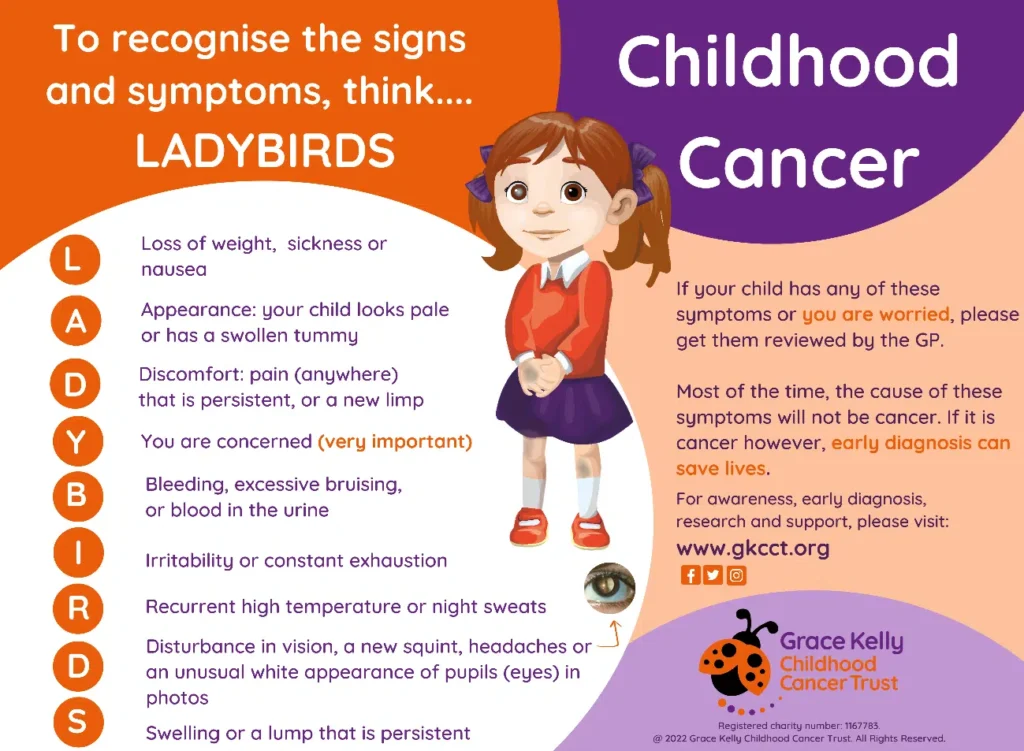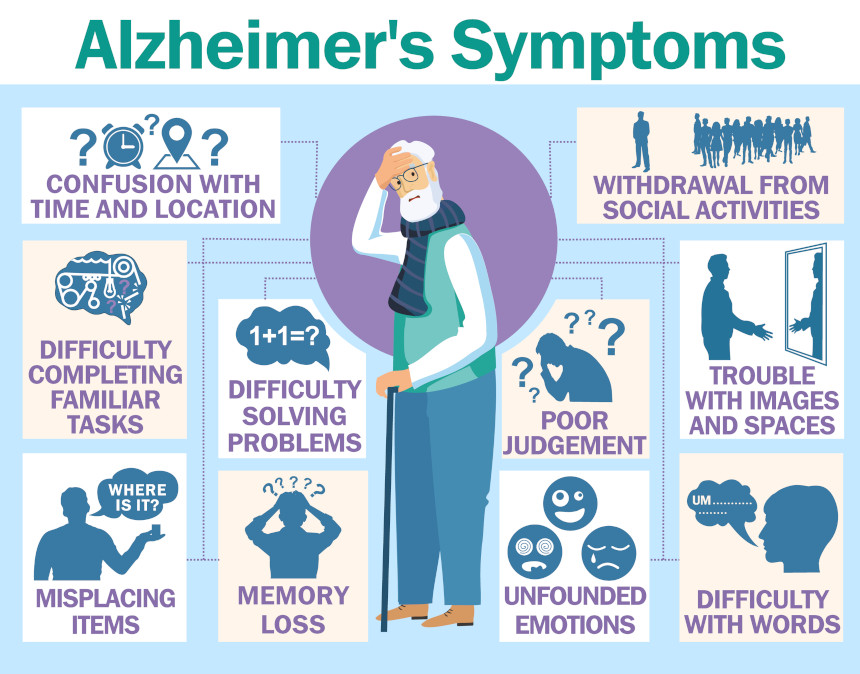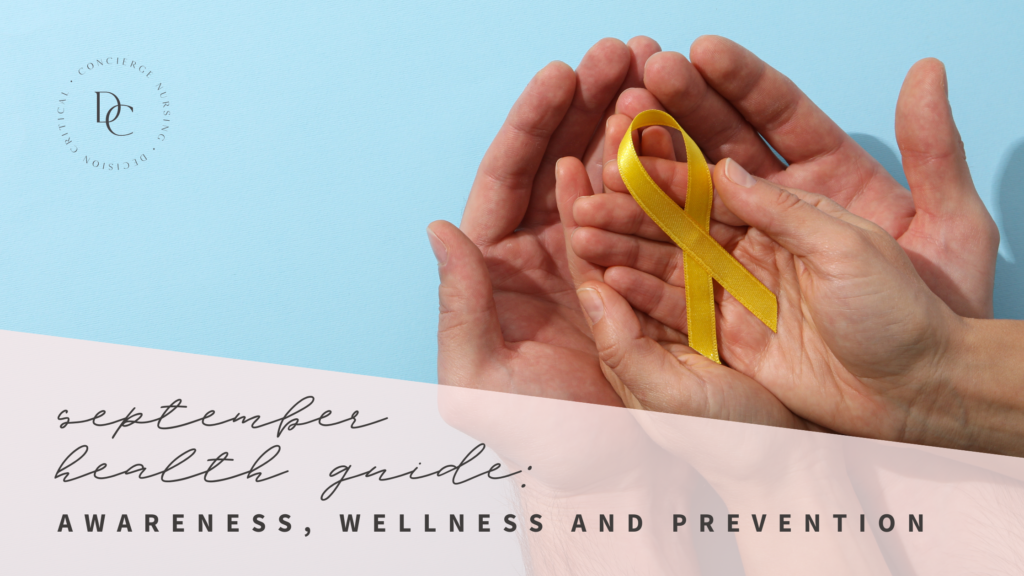As we begin September, it’s a good time to reflect on the importance of preventative healthcare and wellness. This month brings several important health observances, and we at Decision Critical want to share helpful tips to support your health and the well-being of your loved ones. Preventative screenings and being aware of common signs and symptoms of diseases can lead to early detection which saves lives. Always be on the lookout for anything unusual, unexplained, or persistent in regards to your health, and read on to learn more about some of the important health topics highlighted this month.
By taking a proactive approach, you can help safeguard your health and navigate challenges with the right care.
Childhood Cancer Awareness Month
Childhood cancer is a journey no family should face alone. According to St. Jude Children’s Research Hospital, on average, over 290 children in the U.S. are diagnosed with cancer each week. Early detection and treatment are critical, and one simple way to remember how to recognize symptoms in your child is with the acronym LADYBIRDS from the Grace Kelly Childhood Cancer Trust:

One of the best ways to support a child with cancer is by fostering a calm, structured environment as much as possible, especially following treatments and procedures.
Our nurses are available to assist families with post-treatment care, helping to ease the transition from hospital to home. Visit our Acute Care page to learn more.
Ovarian & Prostate Cancer Awareness Month
Ovarian and prostate cancers often don’t show symptoms until later stages, so regular screenings are key for early detection.
Ovarian Cancer is a leading cause of cancer related deaths in women. While there’s no standard ovarian cancer screening, being aware of some common signs and symptoms can help. Some signs include:
- Back or abdominal pain
- Bloating or passing gas more often than usual
- Changes in your period, irregular periods or vaginal bleeding after menopause
- Difficulty eating or feeling full without eating much
- Extreme tiredness, or fatigue
- Noticeable changes in bathroom habits, including constipation or needing to urinate more often or urgently
- Pain during sex
- Unusual vaginal discharge
- Upset stomach
- Weight loss for no known reason
If you notice symptoms such as these that don’t go away, worsen, or occur often, speak with your primary care provider. Additionally, women should consider annual pelvic exams and discuss genetic testing if they have a family history of ovarian cancer.
Prostate cancer is one of the most common cancers among men, and often does not have any symptoms until later stages, making early detection all the more important. Prostate cancer symptoms may cause:
- Blood in semen or urine
- Burning or pain when you urinate
- Constant pain in your back, hips or pelvis
- Difficulty starting the stream of urine
- Erectile dysfunction (ED)
- Feeling like you can’t empty your bladder completely
- Frequent urination that’s often worse at night
- Interrupted or weak urine stream
- Numbness or weakness in the feet or legs
- Pain when you ejaculate
Men over 50 should talk with their doctors about prostate cancer screening, especially if they have a family history. Two common tests to help screen for prostate cancer include a PSA (prostate specific antigen) blood test and a DRE (digital rectal exam). Speak with your doctor about your options, or if you notice a combination of the symptoms above.
If you’re navigating a new cancer diagnosis, treatment or recovery, our nurses can provide the support you need at home, from symptom management to assistance with appointments. Our nursing care packages like the Chronic Care package may be a good fit for you and your family – learn more about them or schedule a Discovery Call to discuss.
Healthy Aging Month & World Alzheimer’s Month
Healthy aging is about more than just physical health—it’s about maintaining mental and emotional well-being too. While we know our loved ones want to maintain their independence and dignity as they age, it’s also important that we help care for them by ensuring that they have a safe environment and have the healthcare resources, support, and information they need.
Alzheimer’s is one of the most common diseases that impact our aging population, currently impacting over 6 million people. Women are at a higher risk for developing Alzheimer’s, as are those with high blood pressure, high cholesterol, diabetes, or a sedentary lifestyle. Here are some key symptoms to look out for:

Regular physical activity, social engagement, and a nutrient-rich diet are key to healthy aging. For those with cognitive concerns, such as Alzheimer’s, keeping the mind active with puzzles, reading, or learning new skills can be beneficial.
September is also the month that we celebrate Grandparent’s Day, and it’s the perfect opportunity to check in on your loved ones’ well-being. Take the time to review their medication schedules, assess their mobility at home, and ensure they have easy access to emergency contacts. Having an updated care plan can help prevent avoidable complications.
For older adults, our elderly care services offer personalized medical support, helping them age gracefully and safely, whether they’re at home or in a care facility. If you find your loved ones need extra assistance, our nursing services can provide regular check-ins, help manage medications, assist with medical appointments, and more. Learn more about our Elderly Care Services.
Blood Cancer Awareness Month
Blood cancer is often overlooked, but is one of the world’s most prevalent and dangerous forms of cancer. Blood cancers such as Leukemia and Lymphoma affect every age, and are the most common type of cancer in children and adolescents.
Some of the most common symptoms include:
- Persistent fatigue or weakness
- Frequent infections
- Fevers and night sweats
- Unexplained weight loss
- Easy bruising or bleeding
- Lumps or swelling of lymph glands in the neck, armpit or groin
- Bone and joint pain
- Itchy skin
- Shortness of breath
Most often, these signs and symptoms will not mean cancer, and therefore can often be overlooked. But early detection saves lives, so if you notice an increase in any of these symptoms or a combination of symptoms, talk to your general practitioner.
At Decision Critical, we’re committed to helping you live your healthiest life, and preventative healthcare is a key component. If you find yourself facing a critical health event, our concierge nurses are here to provide personalized, compassionate care whether you need assistance with elderly care, chronic illness, or post-hospital support.
Be Proactive About Your Health
If you or your loved ones need support, don’t hesitate to reach out. Schedule a complimentary discovery call today to explore how we can help with your health needs this September and beyond.
Decision Critical is a boutique concierge nursing agency based in Baton Rouge, LA providing custom tailored healthcare solutions for clients in a variety of settings. Learn more about us, or schedule a complimentary discovery call to see what services are right for you.



